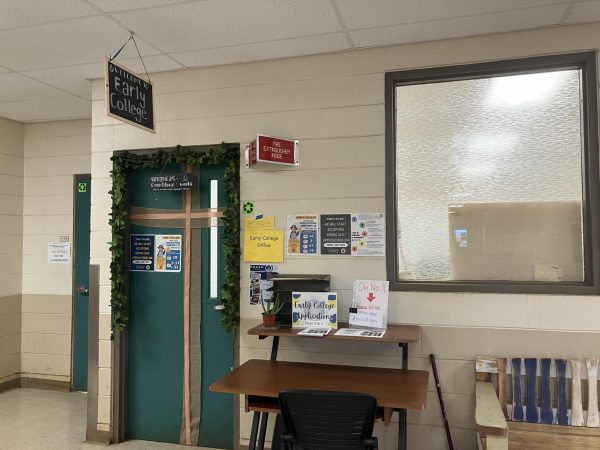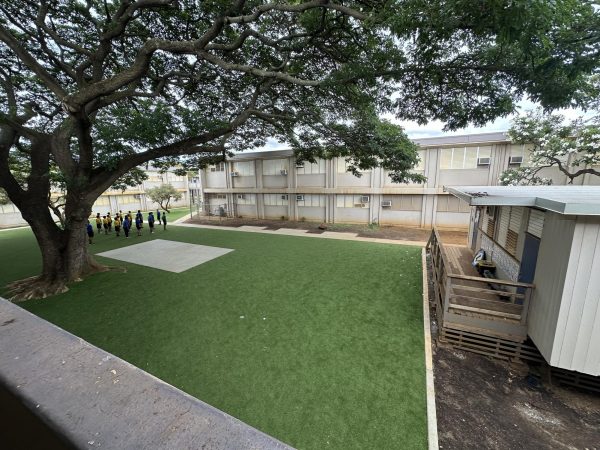Pandemic impacts students’ mental health
It’s been nearly a year since we’ve had to adapt to the new life the pandemic has brought. From schedule changes to masking up in public, our daily lives have taken an unprecedented turn. During these uncertain times, many have had to endure unlikely hardships, and students are no exception. On top of adjusting to the challenges of remote learning, students have had to face struggles in their personal lives as well. Many took on jobs in order to support their families, lost family members, and have had to cope with being unable to see their friends at school.
According to Active Minds, a nonprofit advocacy group supporting mental health education for students, 80% of students have experienced some negative impact to their mental health due to the pandemic. Chief Program Officer Laura Horne isn’t surprised by these alarming statistics as research shows that extended periods of loneliness can deteriorate mental and physical health outcomes over time, leading to depression, musculoskeletal disorders, and even chronic disease.
Sophomore Mikayla Echaluse says that being stuck at home made her feel less motivated, which caused deterioration in her mental health. “I wasn’t really learning in my classes and I was getting really frustrated with myself, which led to me bringing myself down.” says Echaluse.
Senior Janna Panganiban shared that while she has been affected by the pandemic, she is now more vigilant about her mental health than ever because of it. “It has helped me remember that I am still human, so I need time to rest.” says Panganiban. “While I do work, I make sure to take breaks in between. For example I would do an assignment for 30 minutes then take a 10-15 minute break where I either eat a snack or watch a YouTube video.” Panganiban says that these steps have helped her get through her work much more easily, and makes the process less daunting. She also says that reaching out to friends and listening to music has helped keep her steady.
Students have also come up with ways to combat their isolation. Many video chat and have small gatherings between loved ones. Some stop by friends’ houses to drop off gifts for special occasions. Modern technology allows us to stream movies and play video games together as well.
Despite all the challenges and perhaps even due to them, many feel a stronger sense of solidarity between peers.
Echaluse says, “As cliche as it sounds, my friends are the people that keep me going during the pandemic. They’ve become my source of motivation when I couldn’t find it in myself. They always encourage me to keep going even when I feel like giving up.”
Now, more than ever, it’s important to remember you are never alone. There is always someone there who will be ready to listen and talk. The following resources have been listed if you or someone you know are in need of them. We can get through this together.
The 24-hour National Suicide Prevention lifeline is 1-800-273-8255. You can also use their online chat option or text “home” to “741741.”
Do you need help working something out? Do you want to talk to someone who understands, like another teen? We’re here to help! Call (310) 855-HOPE, (800) TLC-TEEN (nationwide toll-free) from 6pm to 10pm PST, or text “TEEN” to 839863 between 6:00pm-9:00pm PST.
Willow Takahashi is a 12th grader in the Academy of Arts & Communication.






